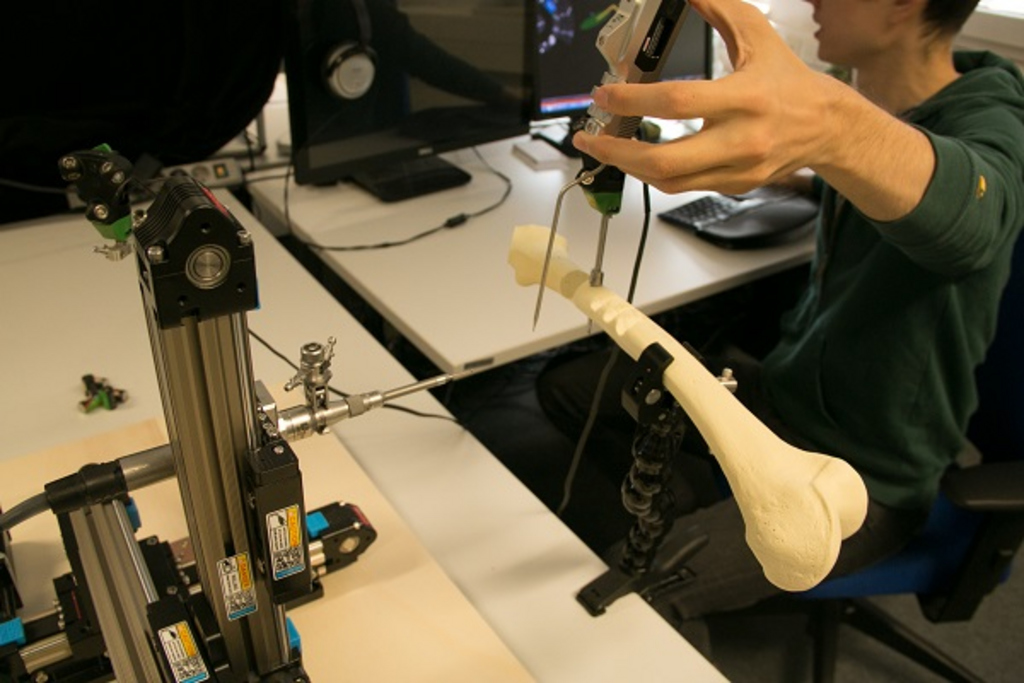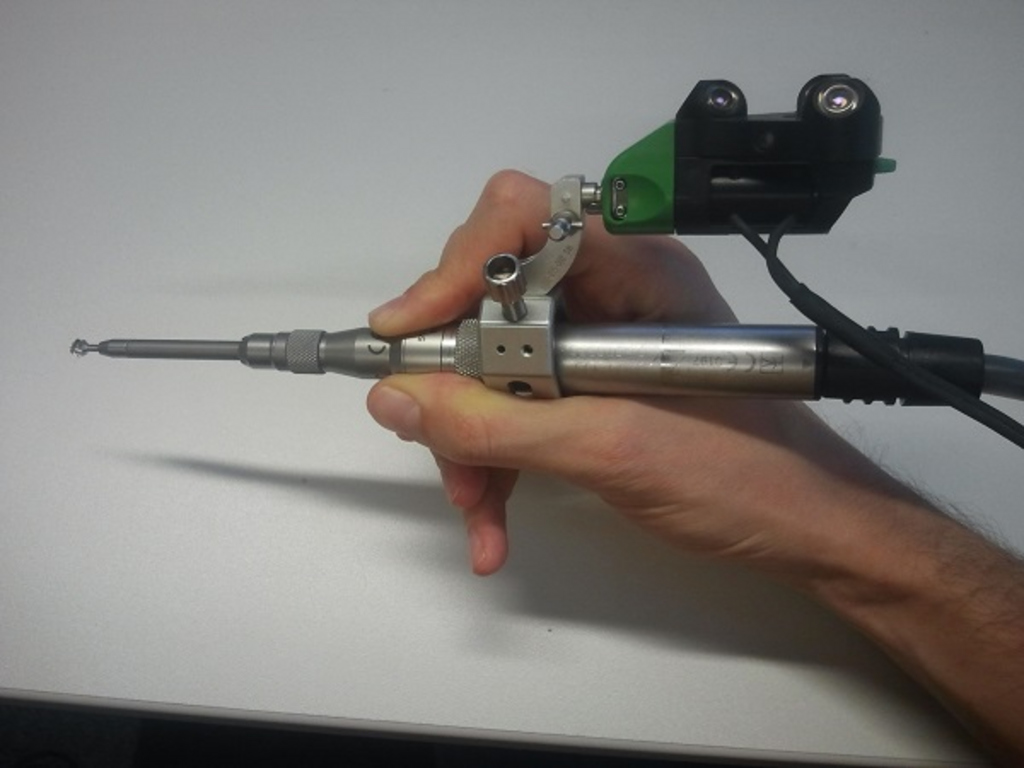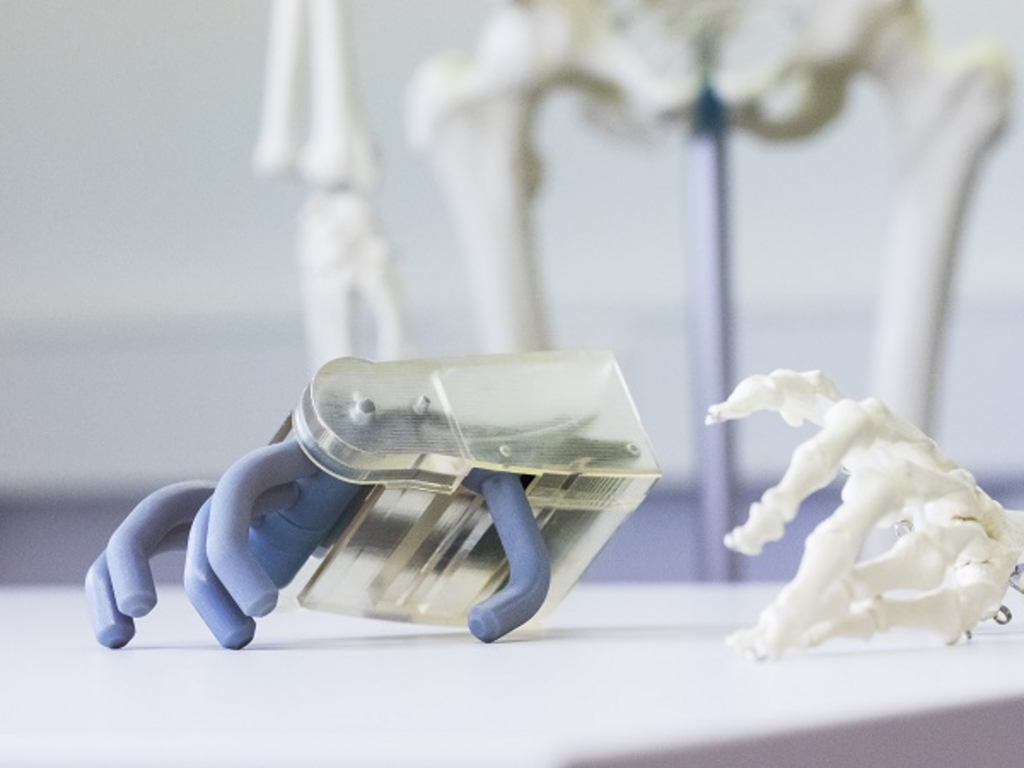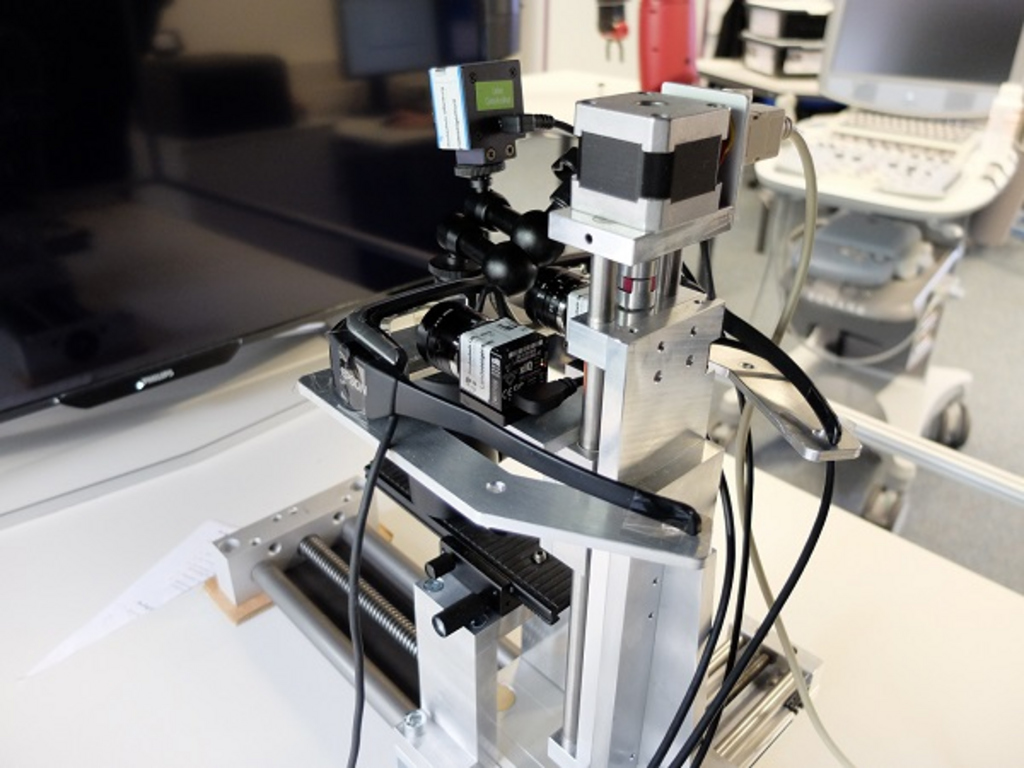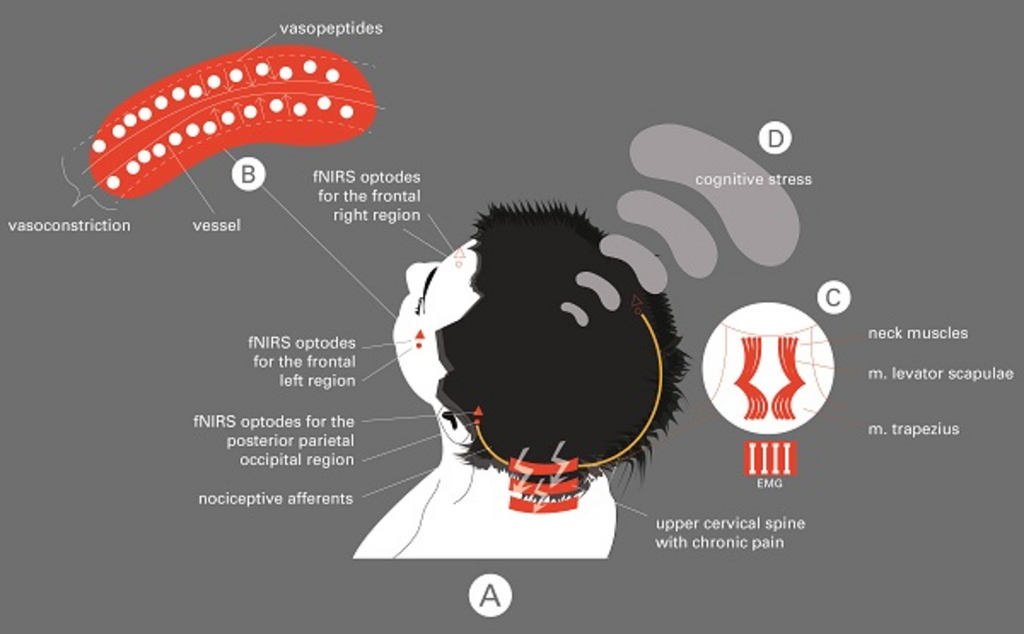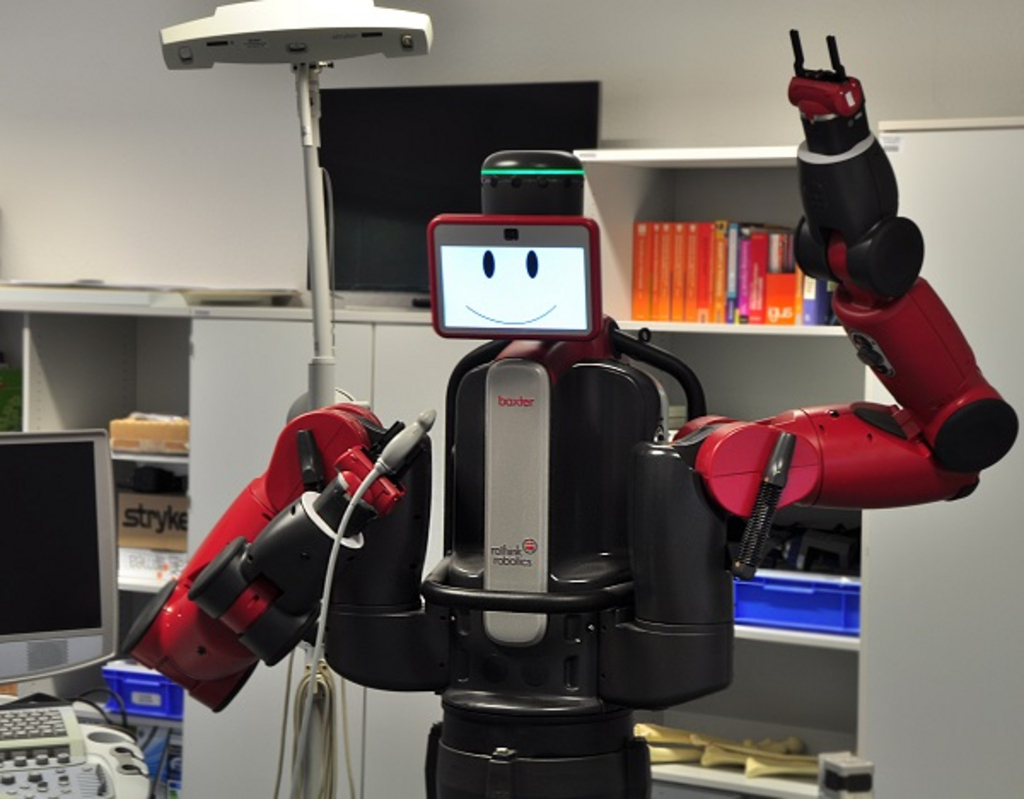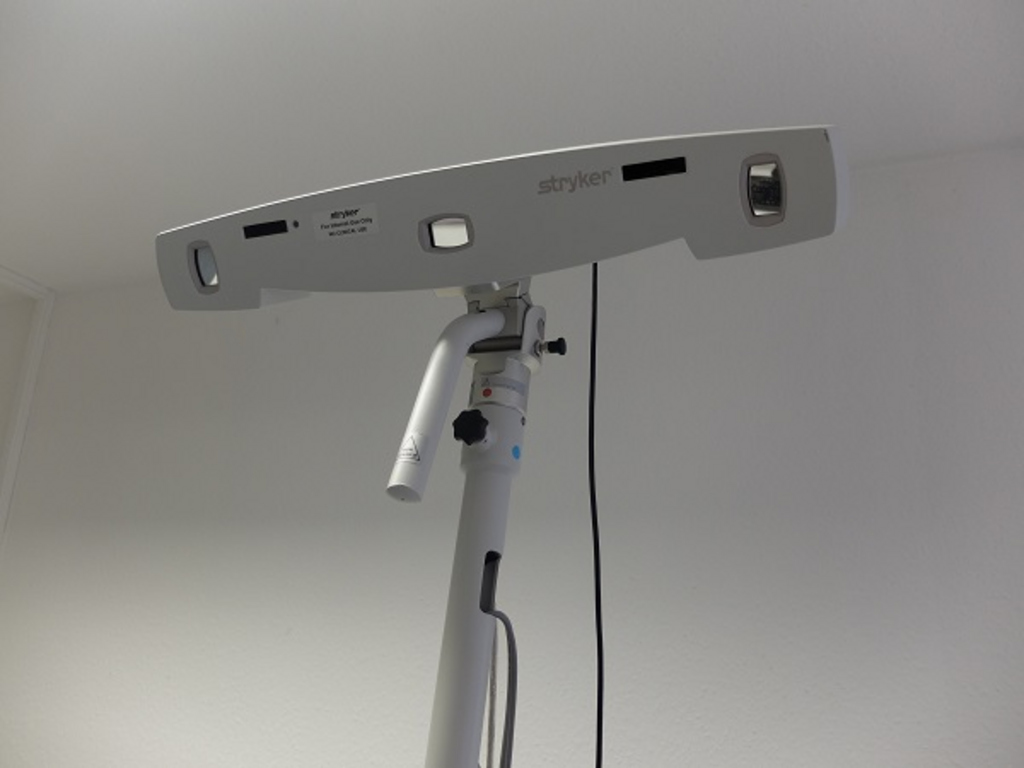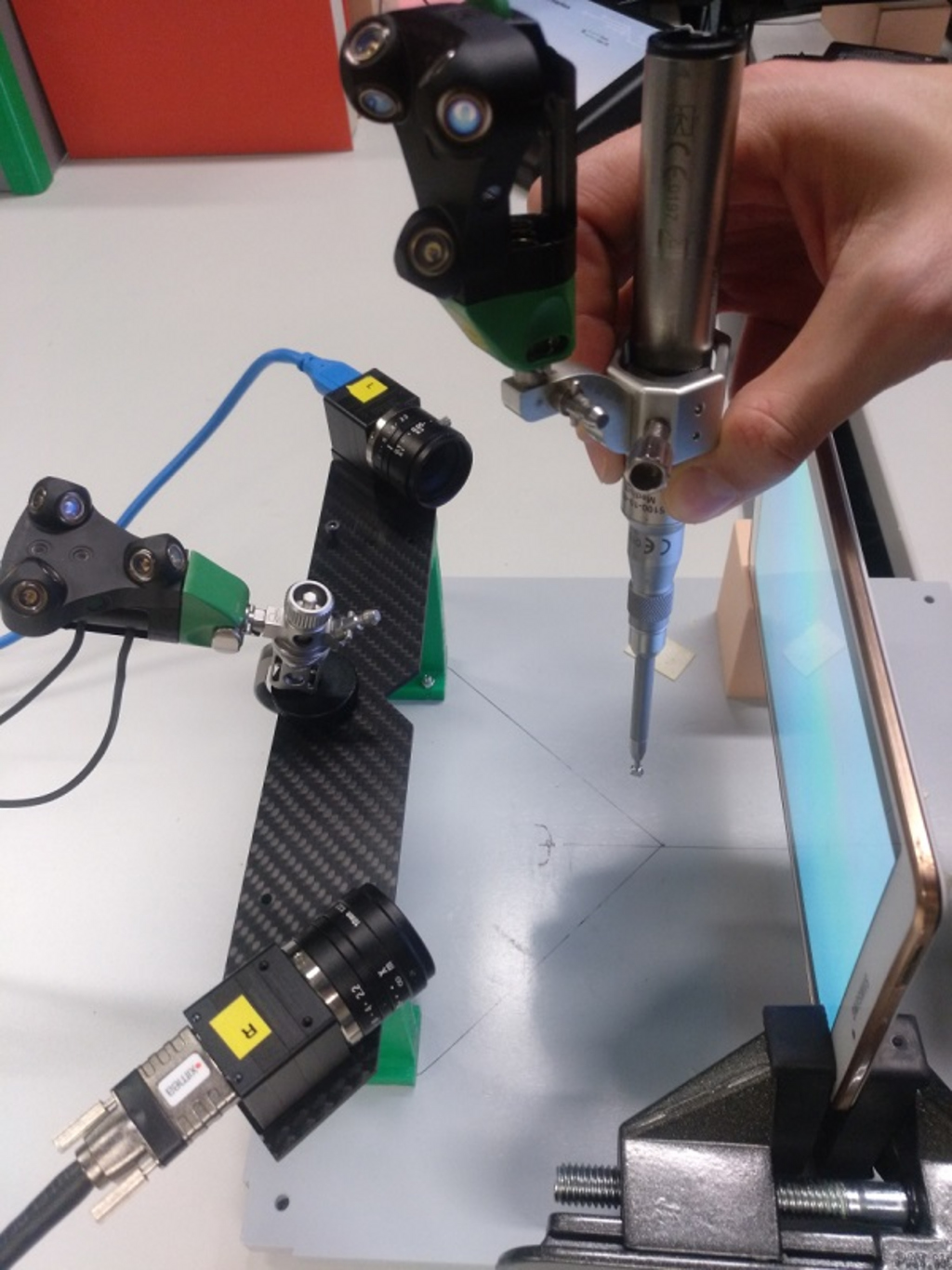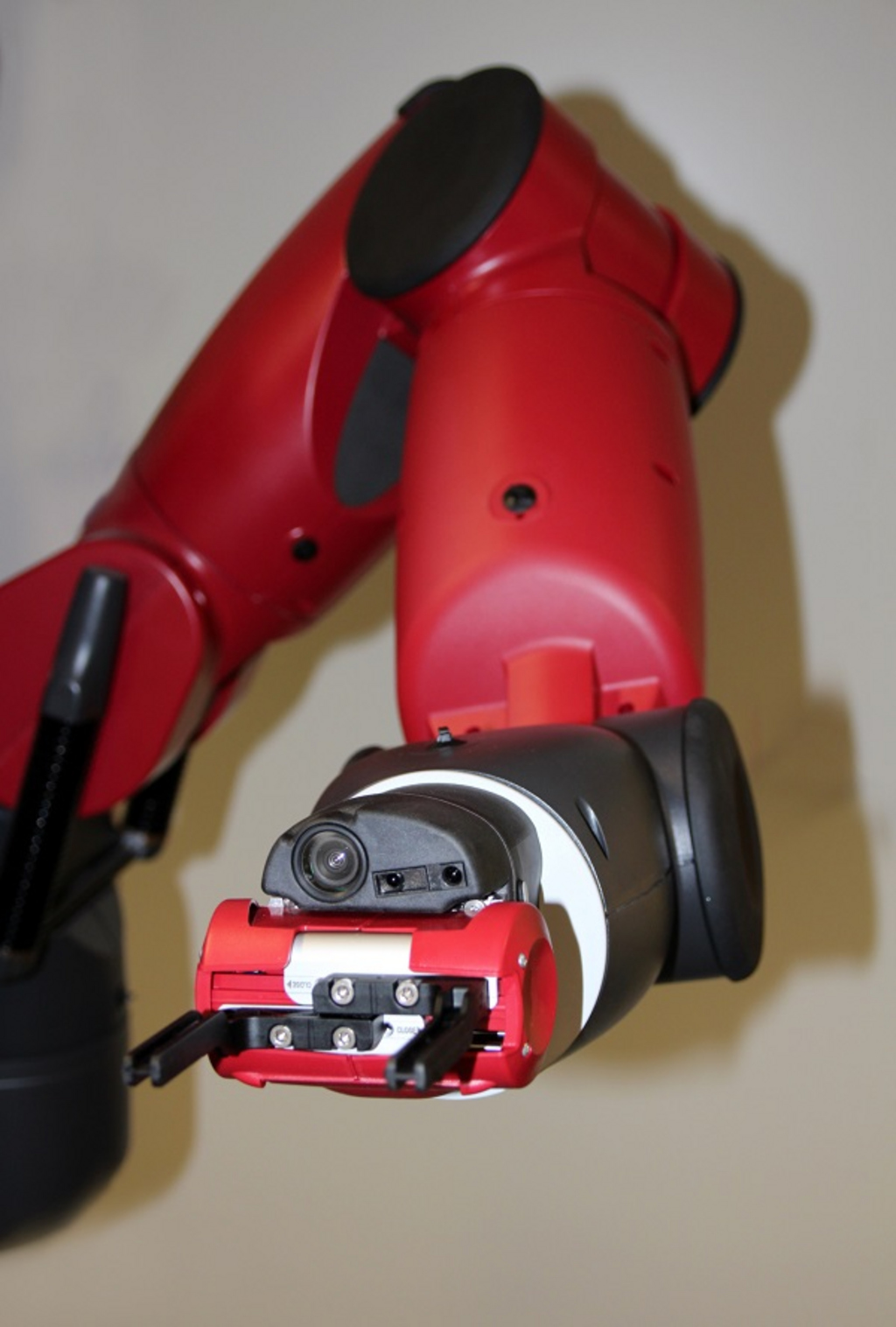Life Sciences
Bachelor-Studiengänge im Bereich Life Sciences
- Verfahrenstechnik (VT) mit Schwerpunkt Biotechnik (letzter Start: WS 17/18)
- Biotechnologie (BT) (neu: ab WS 18/19)
- Umwelt- und Energieverfahrenstechnik (UV) (neu: ab WS 18/19)
Master-Studiengänge im Bereich Life Sciences
- Biotechnology (MBT) (neu: ab WS 18/19) zusammen mit der University of Warmia and Mazury in Olsztyn
Labore im Bereich Life Sciences
- Computerassistierte Medizin (Prof. Dr.-Ing. Hoppe)
- Kardiovaskuläre Gerätetechnik und Rhythmologie (Prof. Dr.-Ing. med. habil. Heinke)
- NeuroScience (Prof. Dr. med. Otte)
- Physiologie und medizinische Sensorik (Prof. Dr. med. Otte)
- Affective & Cognitive Institute (Prof. Dr. phil. Korn)
- Biologische Methanisierung (Prof. Dr. rer. nat. Zell, Prof. Dr.-Ing. Hochberg)
- Neuroakustik (Prof. Dr. rer. biol. hum. Zirn)
- Labore für Analytik (Prof. Dr. rer. nat. Spangenberg)

Professoren und Forschungsschwerpunkte im Bereich Life Sciences
- Passive Sprunggelenks-Orthesen
- Bioenergie
- Navigation in der Chirurgie
- Mixed- and Augmented-Reality-Anwendungen in der Medizin
- Medizinische Bildverarbeitung
- Intraoperative Operationsplanung in der Medizin
- Automatisierung von Kalibrierprozessen
- Neurorobotik
- Weiterentwicklung von Schraubenimplantaten
- Rapid Prototyping
- Resorbierbare Implantate
- Aspekte und Perspektiven der Mensch-Computer-Interaktion
- HCI-Studien (HCI - Human-Computer-Interaction)
- Kontextbewusste Systeme
- Funktionelles Neurolmaging
- Bildmedizinische bildgebende Verfahren
- tiefe Hirnstimulation und Neurostimulation
- Neuroprothetik
- Brain-Machine-Interface
- Neurorobotik
- Wirkbezogene Umweltanalytik
- Entwicklung pharmazeutischer Analytik
- Technologien für den Bereich Life Sciences
- Bioökonomie/Bioenergie
- Implantate für die Orthopädie und Unfallchirurgie
- Bioenergie
- DNA-Diagnostik
- Neuroakustik
- Bio-inspirierte Signalverarbeitung
- Audiologische Diagnostik und Hörprothetik
